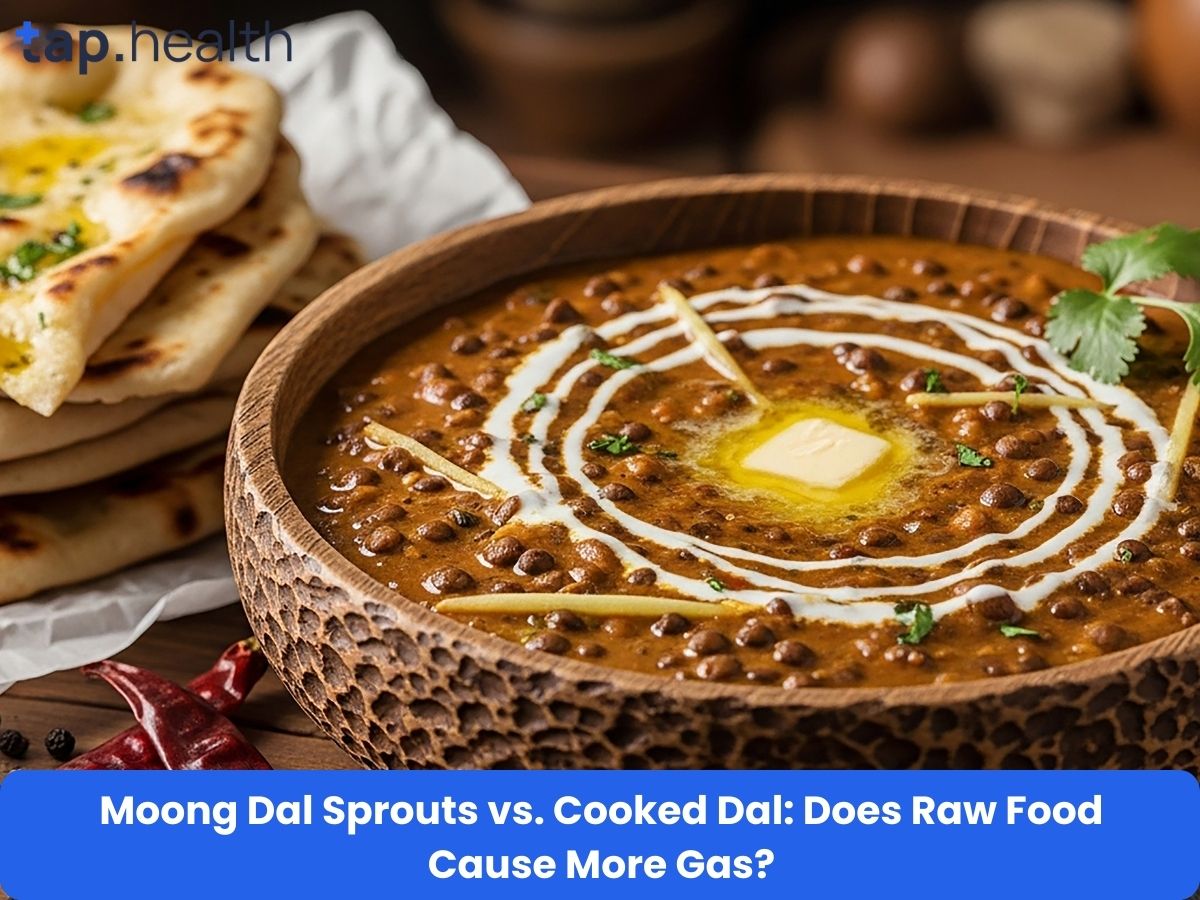Craving the vibrant taste of the tropics without leaving your kitchen? Homemade tropical juices are the perfect solution. Made from fresh exotic fruits like mango, pineapple, papaya, guava, and passion fruit, these refreshing drinks deliver bold flavors and impressive health benefits. This guide covers everything you need: simple recipes, nutritional advantages, practical tips, and answers to common questions about making tropical fruit juices at home.
What Are Tropical Juices and Why Make Them at Home?
Tropical juices are beverages extracted from fruits grown in warm, equatorial climates. These fruits stand out for their intense sweetness, tanginess, vibrant colors, and nutrient density. Making them at home gives you complete control—no added preservatives, artificial colors, or excess sugar found in store-bought versions.
Key benefits of homemade tropical fruit juices include:
- High in vitamins (especially vitamin C) and antioxidants
- Excellent hydration due to natural water content
- Support for digestion thanks to enzymes like bromelain and papain
- Natural energy boost from fruit sugars
- Immune system support
Top Easy Tropical Juice Recipes to Try at Home
Here are six delicious and beginner-friendly tropical juice recipes you can whip up quickly.
1. Mango Pineapple Juice (or Smoothie)
A classic sweet-tangy combo that feels like vacation in a glass.
Ingredients: 1 ripe mango (peeled, diced) 1 cup fresh pineapple chunks ½ cup coconut milk Ice cubes Optional: 1 tbsp honey
Instructions: Blend all ingredients until smooth. Serve immediately.
Benefits: Rich in vitamins A and C, contains bromelain for digestion.
2. Papaya Ginger Juice
Perfect for gut health with a gentle spicy kick.
Ingredients: 2 cups ripe papaya cubes 1-inch fresh ginger 1 tbsp lime juice 1 tbsp honey 1 cup cold water
Instructions: Blend, strain if desired, and serve chilled.
Benefits: Papain enzyme aids digestion; ginger reduces inflammation.
3. Passion Fruit Orange Juice
Bright, tart, and bursting with citrus energy.
Ingredients: Pulp from 6 passion fruits 3 large oranges (peeled) Optional honey Ice cubes
Instructions: Blend and strain for smoother texture.
Benefits: Loaded with antioxidants and immune-boosting vitamin C.
4. Guava Lime Juice
Sweet, slightly floral guava meets zesty lime.
Ingredients: 2 ripe guavas 2 tbsp lime juice 1 tbsp sweetener 1 cup cold water Ice
Instructions: Blend, strain to remove seeds, serve over ice.
Benefits: Exceptional vitamin C and dietary fiber source.
5. Coconut Mango Juice
Creamy, hydrating, and naturally sweet.
Ingredients: 1 ripe mango 1 cup coconut water ½ cup coconut milk Optional sweetener Ice
Instructions: Blend until creamy and garnish with mint if desired.
Benefits: Electrolytes from coconut
water, healthy fats from coconut milk.
6. Pineapple Mint Juice
Cooling and ultra-refreshing on hot days.
Ingredients: 2 cups pineapple chunks 10 fresh mint leaves 1 tbsp lime juice Optional honey 1 cup cold water
Instructions: Blend, strain for clear juice, garnish with mint.
Benefits: High manganese, cooling mint aids digestion.
How to Incorporate Tropical Juices into Daily Life
- Morning boost: Start your day with mango pineapple juice for sustained energy.
- Post-workout recovery: Coconut mango juice replenishes electrolytes naturally.
- Healthy snack: Guava lime juice curbs cravings without processed sugar.
- Family events: Set up a DIY tropical juice station with multiple options.
- Evening relaxation: Papaya ginger juice supports digestion after dinner.
Expert Tips for the Best Homemade Tropical Juices
Nutritionists recommend using fresh, ripe fruits and avoiding excess added sugar. Chefs suggest balancing sweet fruits with tangy ones or adding herbs and spices like mint or ginger for complexity. Experiment freely—mixing tropical fruits creates endless flavor possibilities while diversifying nutrient intake.
Are Tropical Juices Healthy? Evidence-Based Answers
Research supports the health advantages of fresh tropical fruit juices:
- Increased vitamin and antioxidant intake (Journal of Nutrition)
- Reduced inflammation and stronger immunity (Harvard studies)
- Valuable part of balanced diets when consumed in moderation (Mayo Clinic)
Always prioritize fresh over processed, limit added sweeteners, and include pulp when possible for extra fiber.
Frequently Asked Questions About Tropical Juices
Are homemade tropical juices good for weight loss?
Yes, when portion-controlled and part of a balanced diet—they provide nutrients and satiety with fewer calories than sugary drinks.
Can I use frozen tropical fruits for juicing?
Absolutely. Frozen fruits retain nutrients and are convenient year-round.
How do I reduce natural sugar in tropical juices?
Choose less-sweet fruits, dilute with water or ice, or use stevia.
What healthy add-ins work well in tropical juices?
Spinach, kale, chia seeds, turmeric, ginger, or cucumber boost nutrition without overpowering flavor.
How long do homemade tropical juices last?
Best fresh, but up to 48 hours refrigerated in airtight containers. Freeze for longer storage.
Can I make tropical juice without a blender?
Yes—use a juicer or mash fruits manually and strain.
Is it okay to drink tropical juice every day?
In moderation, yes. Variety prevents excess sugar intake.
Do I need to peel all tropical fruits before juicing?
Peel mangoes and pineapples; skins of guava or papaya can sometimes stay if washed well.
Can kids drink homemade tropical juices?
Yes—they’re a nutritious alternative to commercial sugary drinks.
How do I know when tropical fruits are ripe?
Look for vibrant color, sweet aroma, and slight give when gently pressed.
Final Thoughts on Making Tropical Juices at Home
Homemade tropical juices bring exotic flavor, hydration, and powerful nutrition straight to your glass. With just a blender and fresh ingredients, you can create refreshing mango pineapple, papaya ginger, passion fruit orange, and other delicious combinations anytime. Enjoy them as breakfast boosters, workout recovery drinks, or healthy snacks. Experiment, listen to your body, and savor the taste of the tropics—all from the comfort of home.
References
- Harvard T.H. Chan School of Public Health. (n.d.). The Nutrition Source: Fruits. Retrieved from https://www.hsph.harvard.edu/nutritionsource/food-features/fruits/
- Mayo Clinic Staff. (2023). Fruit Juice: How to Choose the Best for You. Mayo Clinic. Retrieved from https://www.mayoclinic.org/healthy-lifestyle/nutrition-and-healthy-eating/in-depth/fruit-juice/art-20047811
- National Institutes of Health. (2023). Fruit Juice and Health Benefits. Retrieved from https://www.nih.gov/news-events/nih-research-matters/fruit-juice-healthy-choice
- World Health Organization. (n.d.). Guidelines on Sugar Intake. Retrieved from https://www.who.int/news-room/fact-sheets/detail/healthy-diet



